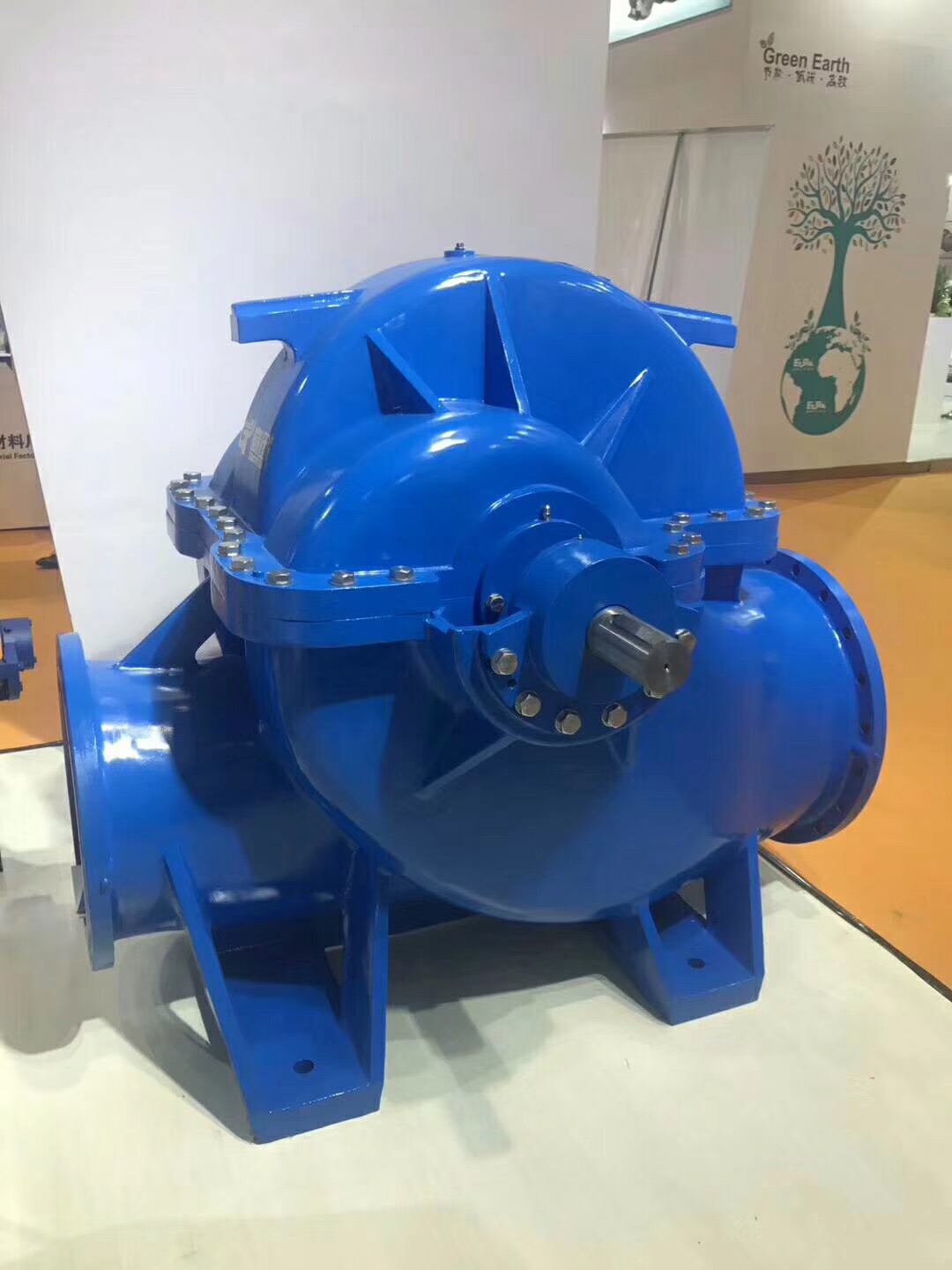Zulu
- Afrikaans
- Albanian
- Amharic
- Arabic
- Armenian
- Azerbaijani
- Basque
- Belarusian
- Bengali
- Bosnian
- Bulgarian
- Catalan
- Cebuano
- Corsican
- Croatian
- Czech
- Danish
- Dutch
- English
- Esperanto
- Estonian
- Finnish
- French
- Frisian
- Galician
- Georgian
- German
- Greek
- Gujarati
- Haitian Creole
- hausa
- hawaiian
- Hebrew
- Hindi
- Miao
- Hungarian
- Icelandic
- igbo
- Indonesian
- irish
- Italian
- Japanese
- Javanese
- Kannada
- kazakh
- Khmer
- Rwandese
- Korean
- Kurdish
- Kyrgyz
- Lao
- Latin
- Latvian
- Lithuanian
- Luxembourgish
- Macedonian
- Malgashi
- Malay
- Malayalam
- Maltese
- Maori
- Marathi
- Mongolian
- Myanmar
- Nepali
- Norwegian
- Norwegian
- Occitan
- Pashto
- Persian
- Polish
- Portuguese
- Punjabi
- Romanian
- Russian
- Samoan
- Scottish Gaelic
- Serbian
- Sesotho
- Shona
- Sindhi
- Sinhala
- Slovak
- Slovenian
- Somali
- Spanish
- Sundanese
- Swahili
- Swedish
- Tagalog
- Tajik
- Tamil
- Tatar
- Telugu
- Thai
- Turkish
- Turkmen
- Ukrainian
- Urdu
- Uighur
- Uzbek
- Vietnamese
- Welsh
- Bantu
- Yiddish
- Yoruba
- Zulu
Telephone: +86 13120555503
Email: frank@cypump.com
Dec . 16, 2024 17:40 Back to list
pump for slurry
Understanding Pumps for Slurry Essential Components in Various Industries
In the world of industrial operations, the transportation of materials is vital for the efficient functioning of processes. One of the most challenging materials to transport is slurry—a mixture of solids and liquids, typically found in mining, wastewater treatment, and other sectors. For this reason, pumps designed specifically for slurry applications are indispensable tools that ensure smooth and effective material handling. This article will explore the characteristics, types, and applications of slurry pumps, shedding light on why they are crucial in various industries.
What is Slurry?
Slurry can be defined as a thick mixture of water and solids that can vary in consistency, particle size, and density. Common substances that can form a slurry include sands, clays, coal, and various chemical slurries found in industrial processes. The challenge with slurries lies in their abrasive nature and the potential for clogging, which makes standard pumps unsuitable for handling them. Therefore, specialized pumps are necessary to manage the unique properties of this complex mixture.
Characteristics of Slurry Pumps
Slurry pumps are designed to handle the abrasive and corrosive nature of slurries. Key characteristics of these pumps include
1. Robust Construction Slurry pumps are built with durable materials that can withstand wear and tear caused by the solid particles in the slurry. Common materials include high chrome alloys and rubber linings that provide resistance against erosion.
2. High Efficiency These pumps are engineered to provide maximum efficiency in transporting slurries, often designed with specialized impeller shapes that enhance the flow of thick mixtures.
3. Self-Priming Ability Many slurry pumps have self-priming capabilities, allowing them to draw liquid without requiring additional priming liquids. This feature is especially important in remote or difficult-to-manage locations.
4. Versatility Slurry pumps come in various designs to accommodate different slurries, from very thick mixtures to those with lower solids concentration. Their versatility allows them to be used in numerous applications across industries.
Types of Slurry Pumps
pump for slurry

There are primarily two types of slurry pumps centrifugal and positive displacement pumps. Each has its advantages and applications.
- Centrifugal Slurry Pumps These are the most commonly used pumps for transporting slurry. They work by converting rotational kinetic energy, typically from a motor, into hydrokinetic energy in the slurry. Centrifugal pumps are ideal for large volumes and can maintain a steady flow rate even in varying conditions.
- Positive Displacement Pumps Unlike centrifugal pumps, positive displacement pumps move slurry by trapping a fixed amount and forcing it through the discharge. These pumps are beneficial for handling slurries with a high percentage of solids and can achieve high pressures, making them suitable for specific industrial applications.
Applications of Slurry Pumps
The use of slurry pumps spans multiple industries, each with unique requirements and challenges
1. Mining and Mineral Processing Slurry pumps are essential for transporting ore slurries from mines to processing facilities. They help in extracting valuable minerals while efficiently managing water and waste.
2. Wastewater Treatment In wastewater treatment plants, slurry pumps transport sludge and other such mixtures for processing and disposal. Their robustness leads to enhanced efficiency in handling challenging materials.
3. Construction During construction projects, slurry pumps assist in moving cement slurries, removing excess water and fine sediments from sites, and managing materials like mud in tunneling operations.
4. Food and Beverage Industry Certain applications in this sector require slurry pumps to handle mixtures of solid ingredients and liquids, ensuring a consistent flow for processing.
Conclusion
Slurry pumps play a vital role in numerous industrial applications by providing a reliable method for transporting challenging materials. Their specialized design features allow them to manage the abrasive and corroding properties of slurries effectively. Understanding the different types of slurry pumps and their respective applications helps industries optimize their operations, ensuring efficiency and sustainability. As industries continue to evolve, the importance of slurry pumps will remain integral to the smooth functioning of processes that involve complex materials.
-
Heavy-Duty Mining Sludge Pumps - Wear-Resistant Slurry Handling
NewsAug.02,2025
-
Horizontal Split Case Pump with GPT-4 Turbo | High Efficiency
NewsAug.01,2025
-
ISG Series Pipeline Pump - Chi Yuan Pumps | High Efficiency, Durable Design
NewsAug.01,2025
-
Advanced Flue Gas Desulfurization Pump with GPT-4 Turbo | Durable & Efficient
NewsJul.31,2025
-
ISG Series Vertical Pipeline Pump - Chi Yuan Pumps | Advanced Hydraulic Design&Durable Construction
NewsJul.31,2025
-
ISG Series Vertical Pipeline Pump - Chi Yuan Pumps | Energy Efficient & Low Noise
NewsJul.31,2025










